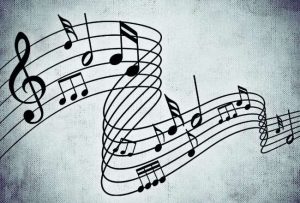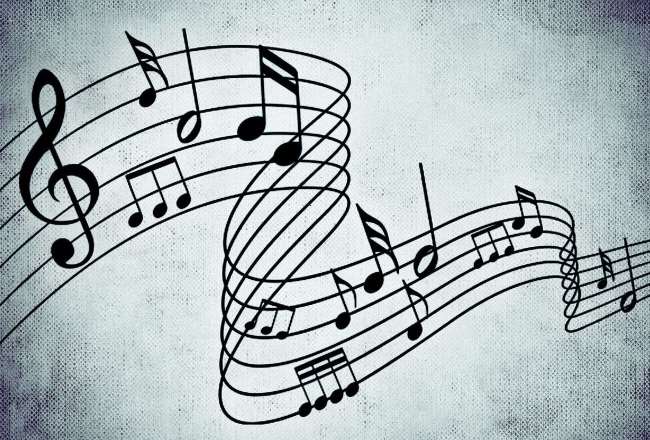
Who knows one? I know one… (As sung at the end of the Pesach Seder)
One little goat -that my father bought for two Zuzim … (As sung at the end of the Pesach Seder)
There’s a big prize for those who stay till the very end, the very end of the Pesach Seder. The Seder culminates with some lively version of two songs, one about numbers 1 through 13 and the other about a goat and a string of mishaps that somehow ends well, and we all know that all’s well that ends well. Why is that the the best way to conclude the Pesach Seder?
My youngest daughter who is learning in seminary in Israel called me excitedly and shared an amazing few ideas about Pesach. One one the many things she related was about the meaning of the broken Matza, the one one we break in half at the beginning of the Seder. The smaller part remains as the conversation piece of the evening while the bigger one is hidden away until the very end when it is eaten for dessert. What is the meaning of this? She explained that the bigger piece represents the “future world” and the smaller is the world that we currently experience. We are reminded that the best is yet to come. Only in the future will everything be understood.
This can be visually demonstrated by the Matza itself. Certain things about our lives are in obvious order as represented by the outer shaper of the round Matzah. It’s no mistake that the event of the evening is called Seder which means order. Perhaps the goal of the Pesach night is to internalize the notion that all is B’Seder- in order.
The jagged edge of the divided Matza represents the the difficult and confusing aspects of our lives that don’t seem to us to have rhyme and reason. Even though we don’t experience them now as easily understood, ultimately everything will make sense. When these two pieces are reunited, then all the uneven cracks and crevices- the ups and downs, are matched perfectly and explained by the hidden information that comes in the end, in the future.
Another great theme and perhaps the most important thrust of the evening is to to recognize the indebtedness we have to HASHEM for all the many historical and personal kindnesses. When the bill is added up, we are eternally grateful and forever indebted and happily mortgaged to HASHEM. We become even more His grateful servants and his greatest fans, so to speak.
Now when somebody is excited about somebody or something in their life, when they are a fan, then everything reminds them of some aspect of it. Even seemingly random numbers are associated with that matter. Ask a Yankee baseball fan what they thing of when mentioning the number 3 and they will tell you without hesitation, Babe Ruth. Ask about 714 and they will tell you that that is the number of regular season home runs he hit. Say 5 and Joe DiMaggio will come to mind and 56 will signal his consecutive game hitting streak, a record that will likely never be broken.
When HASHEM and Torah is the center of our lives other numbers are consciously and unconsciously associated. Say 613 and the number of Mitzvos immediately registers in the mind. 26 Is the numerical value of HASHEM’s name. After spending a Shabbos in the Torah center of Lakewood I was driving home Saturday night. I stopped first to get some New Jersey gas and when the attendant came to the window I asked him for 39 dollars worth of gas. He looked at me curiously, “39 and not 40?!”. I promised him that after he finishes putting the gas in tank I will explain to him an obvious and common phenomena. When he came back to the window to give me a receipt, I asked him if he ever wondered why guys who dress like me never come to his gas station Friday nights and Saturdays during the day. The answer is 39! There are 39 general activities that we refrain from doing on Shabbos and driving is included therein. Why I choose to put 39 dollars in is to remind me about Shabbos even during the weekday.
At the very end of the Pesach Seder when we are so intoxicated, not only with four cups of wine, but with the kindliness of HASHEM, and after having consumed the Afikomin – the dessert Matza,we take a giant step toward our ultimate destination, Jerusalem. Now every number reminds us of HASHEM and His Torah and our devotion to Him. The story of the goat that Abba bought that was eaten by the cat finishes happily with HASHEM saving the day. It all works out in the end! HaKol B’Seder! We have successfully envisioned and experienced that ending and satisfied- we sing.


